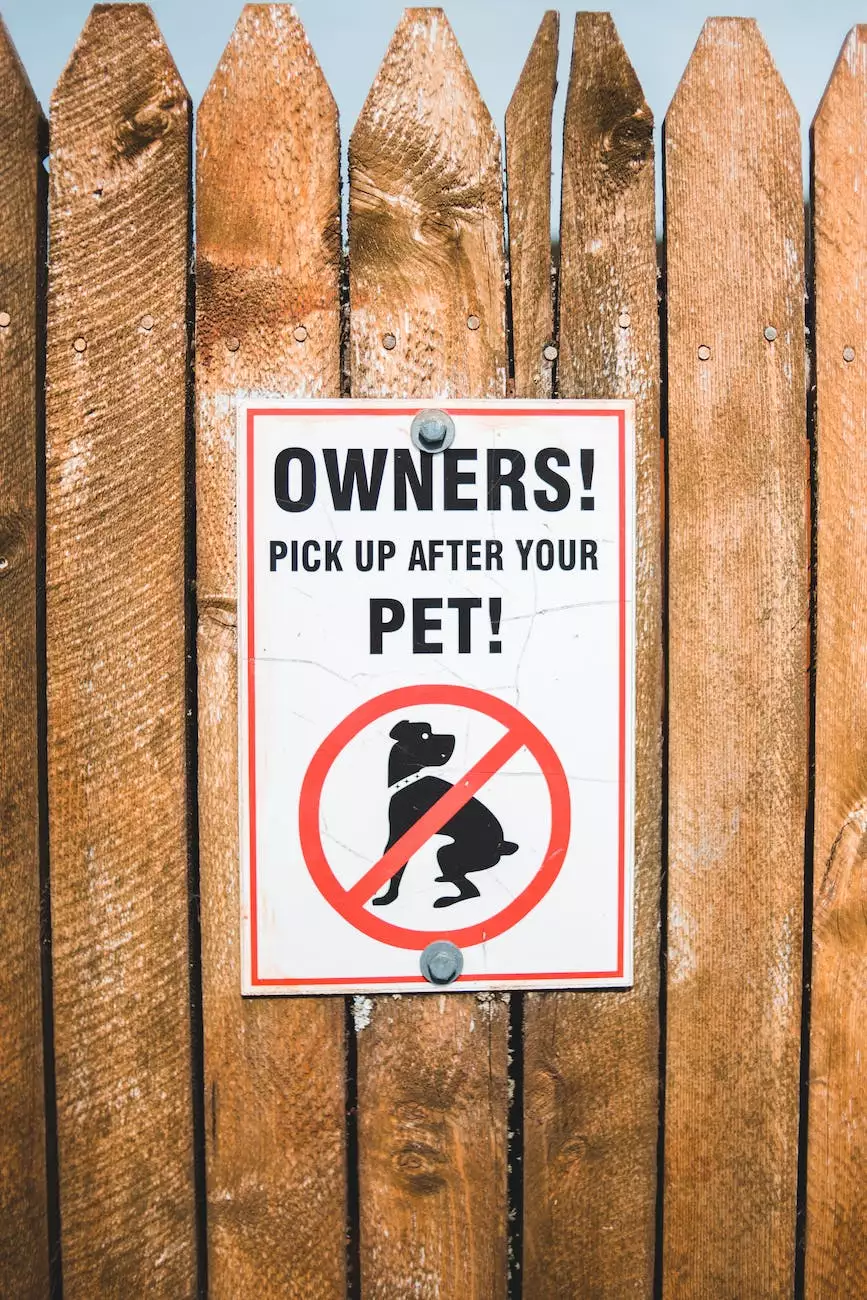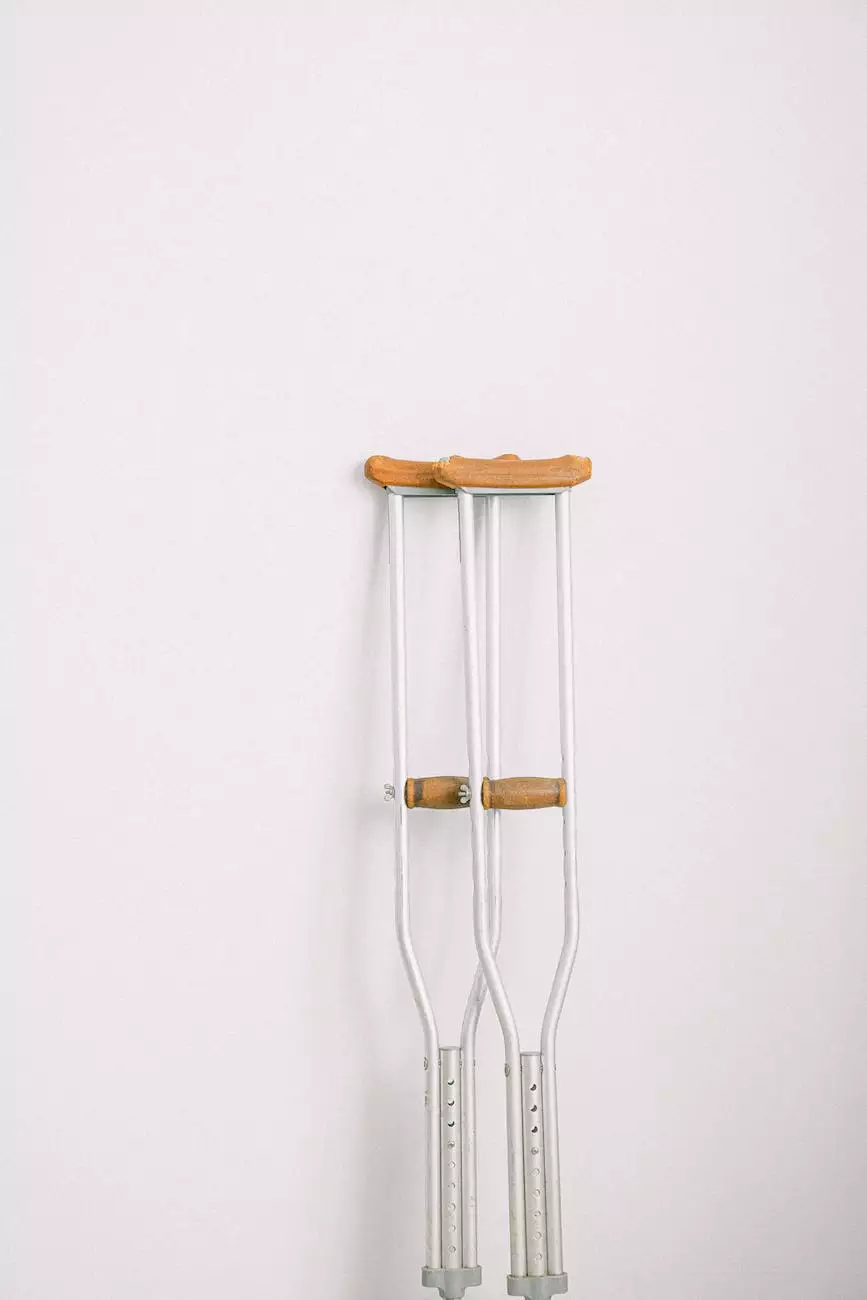Protect Your Pet From Common Springtime Emergencies
Resources
Introduction
Spring is a beautiful season filled with blooming flowers, warmer weather, and new beginnings. But it also brings its own set of challenges for pet owners, especially those with horses. As the snow melts and the grass regains its vibrant green color, horse owners must be prepared to protect their beloved companions from common springtime emergencies.
Why Spring Can Be Dangerous for Horses
With the arrival of spring, horses are exposed to a variety of hazards that can jeopardize their health and well-being. Understanding these risks and taking proactive measures is crucial to ensuring the safety of your horse.
Allergies and Respiratory Issues
Springtime allergies can affect horses, just like humans. Pollen, dust, and molds in the air can trigger allergies and respiratory problems such as coughing, sneezing, and difficulty breathing. Proper stable management, including regular cleaning and ensuring good ventilation, can help minimize the risk of respiratory issues.
Equine Skin Conditions
As the weather gets warmer, horses may experience skin irritations, dermatitis, or infections. Moisture, increased sweating, and exposure to insects can contribute to the development of conditions like rain rot and sweet itch. Maintaining proper hygiene, using effective insect repellents, and providing adequate shelter can prevent these springtime skin problems.
Grass-Related Health Issues
While the sight of lush green pastures is a delight, it also poses risks for horses. Spring grass contains higher levels of sugars and fructans, which can lead to digestive issues like colic and laminitis. Careful pasture management, slow introductions to grazing, and monitoring the horse's diet are essential to avoid these potentially life-threatening conditions.
Increased Insect Activity
As temperatures rise, so does the population of insects such as flies, mosquitoes, and ticks. These pesky creatures not only irritate horses but can also transmit diseases like West Nile Virus and Lyme disease. Implementing effective pest control measures, using fly masks and fly sprays, and ensuring proper vaccinations can help protect your horse from insect-borne illnesses.
Tips to Protect Your Horse
To keep your horse safe and healthy during the spring, here are some essential tips to follow:
Regular Veterinary Check-ups
Schedule a visit with your equine veterinarian before the start of spring to ensure your horse is in good health and up to date with vaccinations. Discuss any concerns you have and seek professional guidance on preventing springtime emergencies specific to your horse's needs.
Proper Nutrition and Diet Management
Work closely with your veterinarian or equine nutritionist to develop a suitable diet plan for your horse during the spring. Gradually transition them to grazing, monitor their weight, and ensure a balanced diet that meets their nutritional requirements. Preventing sudden changes in diet can help minimize digestive issues.
Pasture Maintenance and Monitoring
Regularly inspect your pastures for potential hazards, poisonous plants, or toxic substances. Remove any debris, provide clean and fresh water, and ensure appropriate fencing. Rotating pastures and implementing controlled grazing practices will help keep the grass intake in check, reducing the risk of digestive problems.
Stable Hygiene and Ventilation
Keep your horse's stable clean, dry, and properly ventilated to minimize respiratory issues. Regularly remove bedding, muck out the stalls, and provide a dry environment. Adequate airflow is essential to prevent the buildup of harmful fumes and reduce the risk of respiratory infections.
Insect Control Measures
Implement a comprehensive insect control program to protect your horse from bothersome flies, mosquitoes, and ticks. Use fly sheets, fly masks, and fly repellents to minimize discomfort and potential health risks. Follow your veterinarian's recommendations for vaccinations against diseases transmitted by insects.
Proactive Grooming and Skin Care
Regular grooming sessions allow you to closely monitor your horse's skin condition and detect any abnormalities early on. Invest in high-quality grooming tools, clean your horse's coat regularly, and use appropriate grooming products to prevent and manage skin irritations. Consult your veterinarian if you notice any persistent skin issues.
Conclusion
Springtime emergencies can be avoided with proper awareness and preventive measures. By taking proactive steps to protect your horse from allergies, skin conditions, digestive problems, and insect-related issues, you can ensure a happy and healthy spring season. Remember, the safety and well-being of your pet should always be a top priority!
Lasers4Horses, a leader in equine healthcare solutions, offers innovative products that can help address or prevent various spring-related health issues. From laser therapy for skin conditions to nutritional supplements for immune support, Lasers4Horses is committed to keeping your horse protected and thriving during the spring season.
Take the necessary steps to safeguard your pet from common springtime emergencies and enjoy this beautiful season together!










